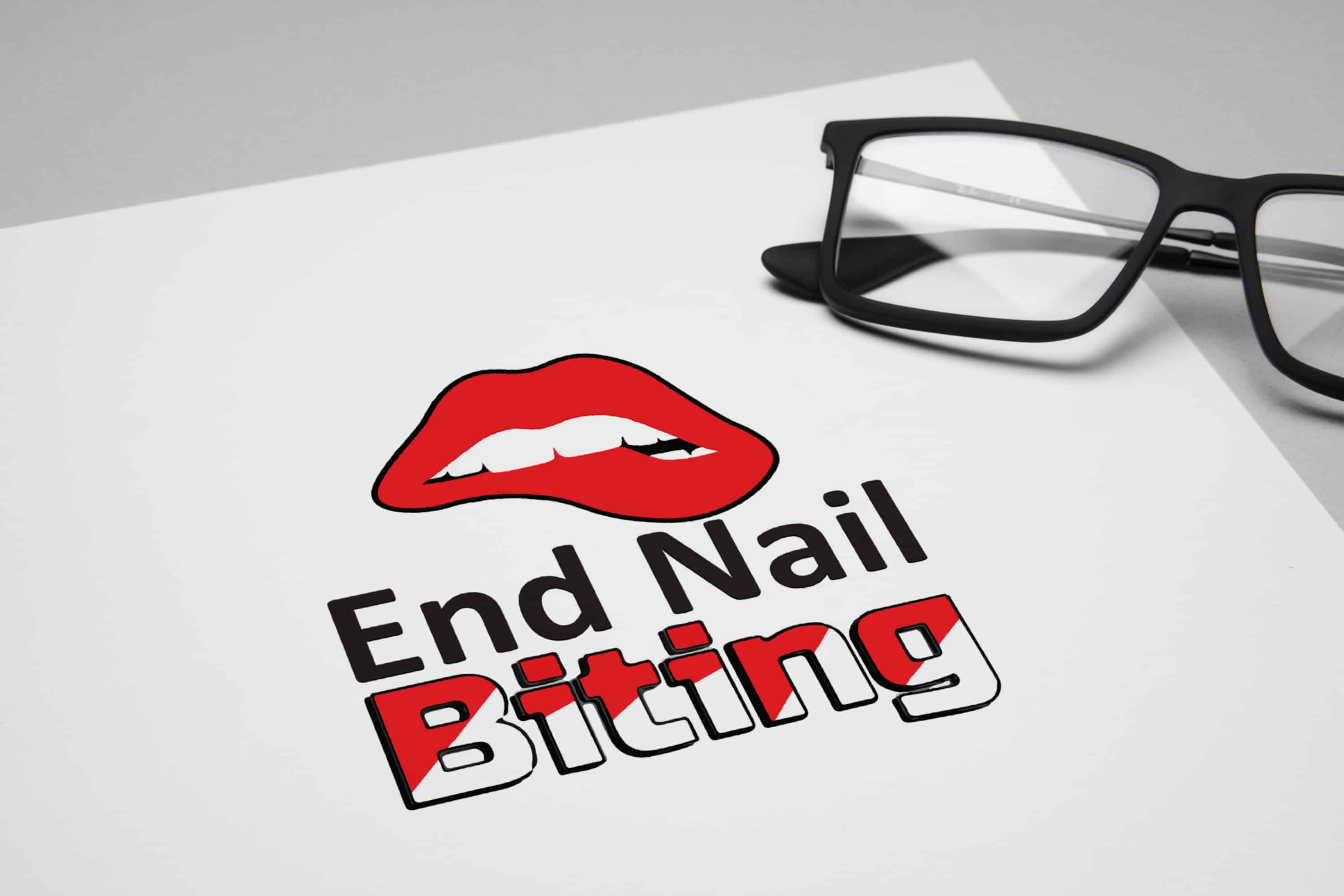Nail biting and nail picking are common habits that can be difficult to break, but there are a few strategies that can help:
- Identify triggers: Try to identify the situations or emotions that trigger your nail biting or nail picking. Common triggers include stress, boredom, and anxiety. Once you know your triggers, you can try to avoid or manage those situations.
- Distraction: Keep your hands busy with other activities to distract yourself from biting or picking your nails. Some ideas include knitting, drawing, playing with a fidget toy, or holding a stress ball.
- Make your nails less desirable: Applying a bitter-tasting nail polish or coating your nails with a protective shield can help make your nails less desirable to bite or pick at.
- Use positive reinforcement: Give yourself a reward when you successfully resist the urge to bite or pick your nails. Give yourself small rewards such as going for a walk, eating your favorite food, or buying yourself a small treat.
- Seek support: Talk to your friends or family about your nail-biting or nail-picking habit. Ask them to remind you to stop when they see you doing it. You can also look for a support group or a therapist that can help you address the underlying emotional issues that may be driving the habit.
- Practice good nail care: Make sure your nails are well-groomed and trimmed. Keeping your nails clean, healthy and nicely cut will make you less likely to pick or bite them.
Why do I bite my nails in the first place?
Nail biting (onychophagia) is a common habit that can have a variety of causes. Some of the most common reasons why people bite their nails include:
- Stress and anxiety: Nail biting can be a coping mechanism for stress, anxiety, or other negative emotions. Biting your nails can be a way to release tension and distract yourself from difficult feelings.
- Boredom: Biting your nails can be a way to occupy your time and alleviate boredom.
- Habit: Nail biting can become a habitual behavior that is difficult to break, even if the individual is aware that it’s not healthy.
- Perfectionism: Some people may bite their nails due to the desire for perfectionism, they feel the need to keep their nails perfect and are constantly picking or biting off the imperfections.
- Genetics: Research has shown that nail biting may run in families, and may be linked to certain genetic factors.
- Nail picking: Many people who bite their nails also pick at their nails, this can be for various reasons, such as boredom, feeling stressed or anxious.
- Certain mental conditions: Nail biting has been linked to various mental health disorders such as ADHD, OCD or dermatillomania.
It’s important to note that there is no one-size-fits-all explanation and people may bite their nails for multiple reasons. Understanding the underlying causes can help to identify triggers and develop strategies for breaking the habit.
If you feel that your nail biting may be related to a mental health condition, it’s a good idea to seek professional help from a therapist or counselor.
Summary
Breaking a habit like nail biting takes time and effort. It’s normal to slip up occasionally, but the important thing is to keep trying. With persistence and patience, you can learn to overcome your nail-biting and nail-picking habit.
It’s an easy habit to pick up and might take time and effort to stop doing for good. Finding out specifics about how, when and how you bite or pick your nails is key.
Check out my nail quitting case study to learn more about how long it took me and how I did it.
Recent Posts
Stimming, short for self-stimulatory behavior, refers to repetitive or rhythmic movements or sounds that some individuals with autism or other neurodevelopmental conditions engage in. It is often...
Nail biting and nail picking is a common habit that affects many people, especially during times of stress or boredom. While it may seem like a harmless habit, it can actually have negative...


